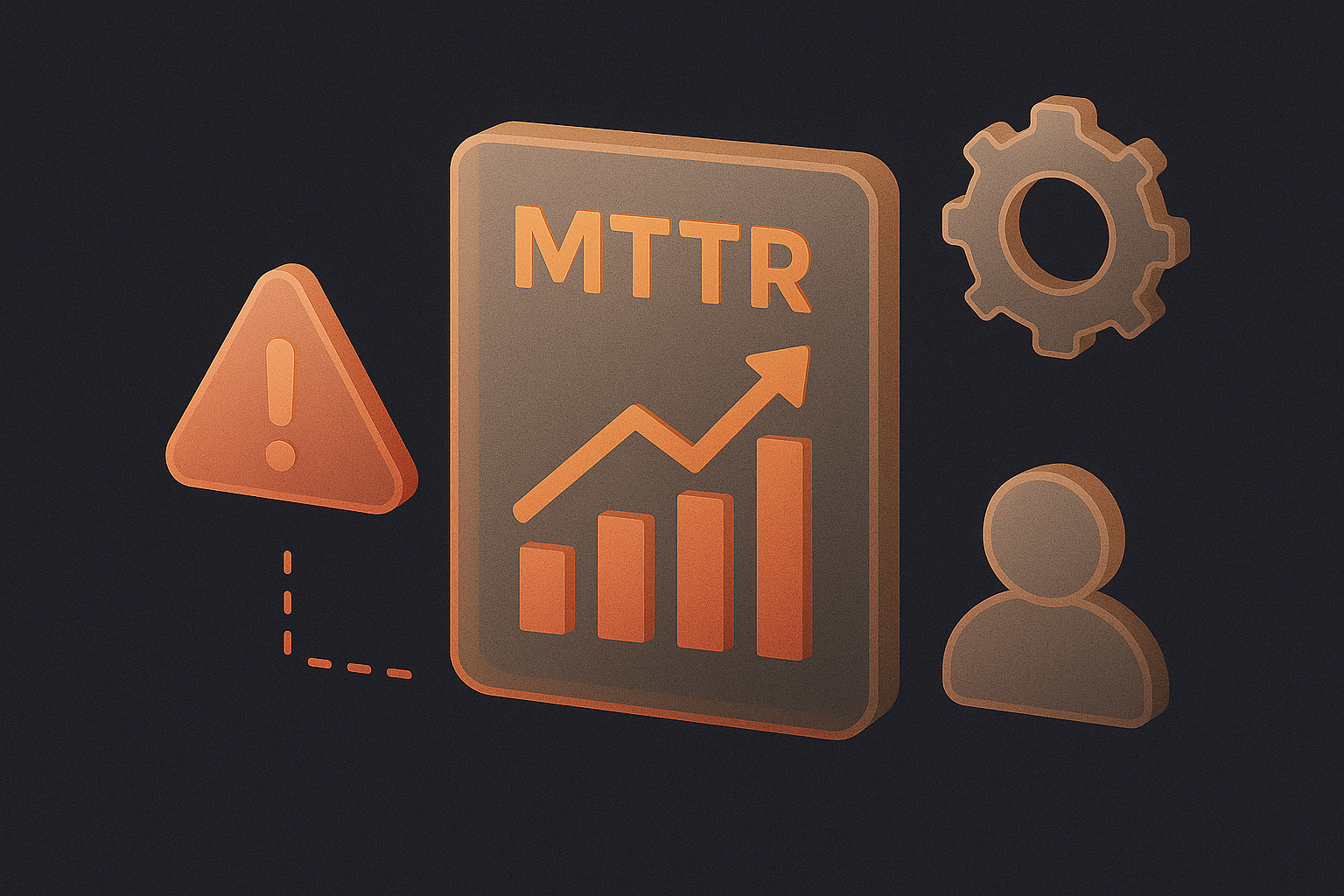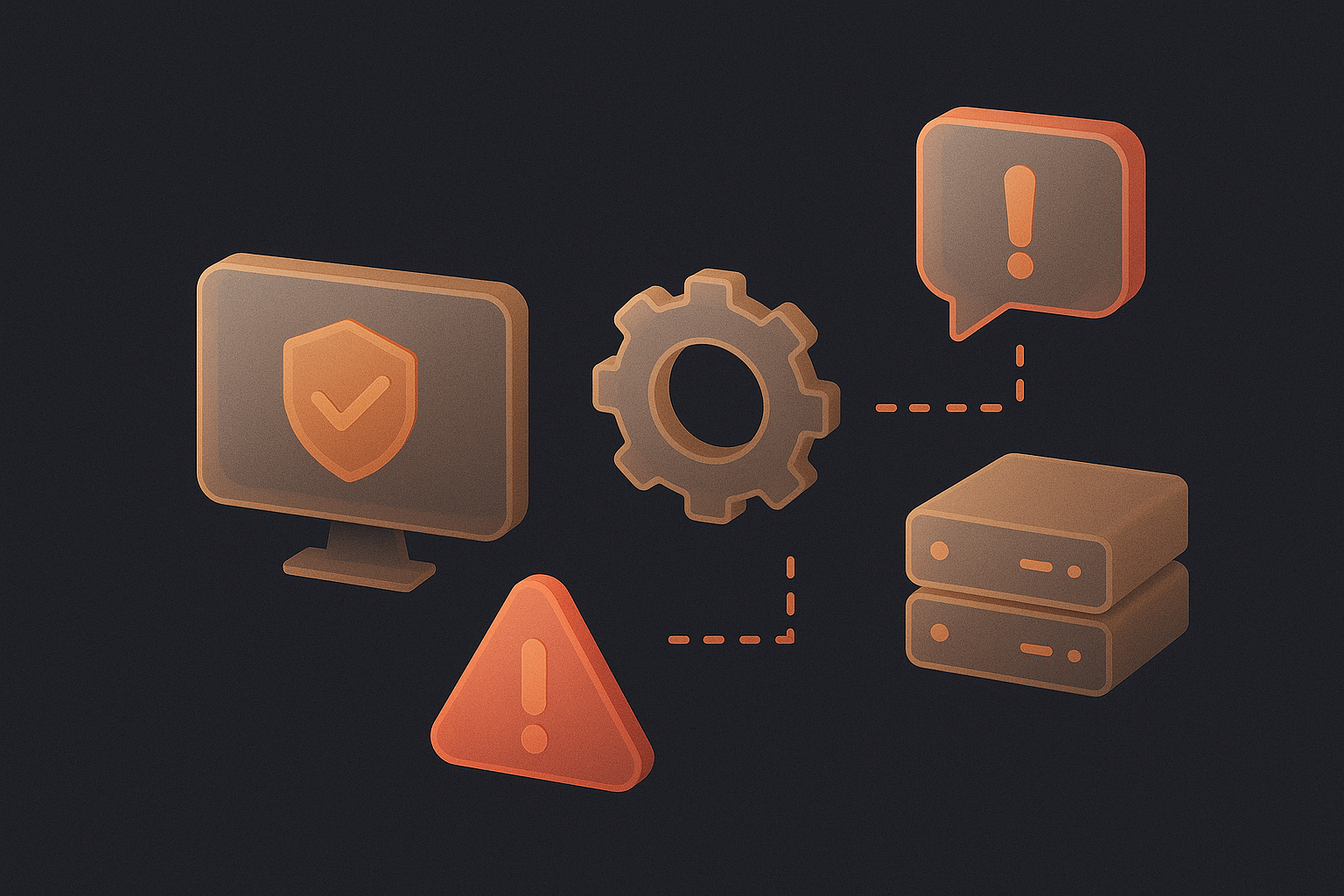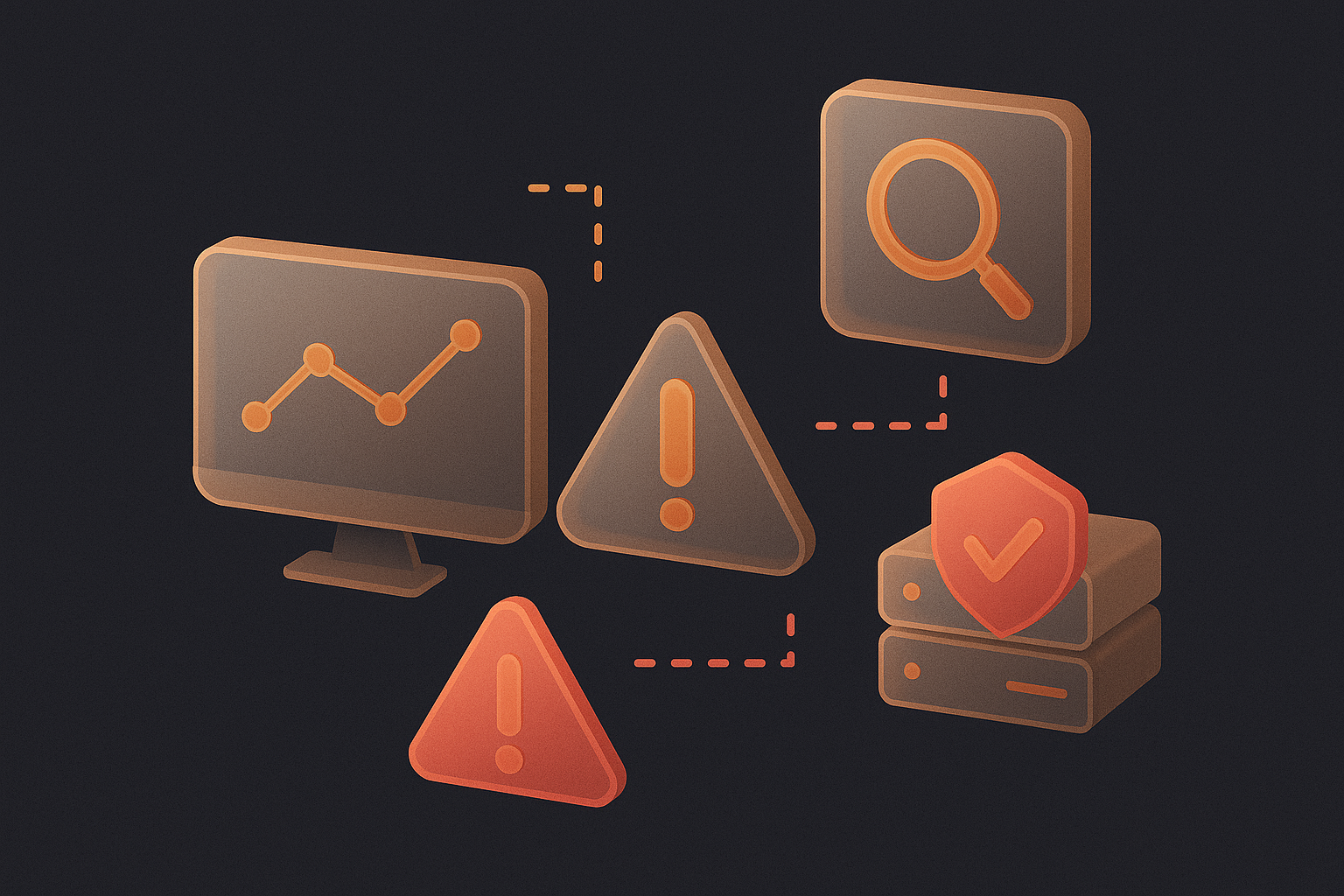Powerful Culture
The DevOps model unites development and IT operations to create a powerful organizational culture to achieve business goals more efficiently. Formerly siloed teams can now collaborate continuously to build more robust products, with increased confidence, and achieve business goals faster.
No Pain, No Gain
DevOps may be a game-changer but it can be difficult to implement. Especially in large organizations, standardizing processes and tooling culture takes strategizing and persistence. When perfecting the shift to DevOps, it’s vital to empower your teams with the right tools to automate collaboration and coordination. Focus on Incident management automation, allowing organizations to focus on implementing change while ensuring incidents receive the attention they need.
Automate DevOps Operations: Provisioning and Development
A few Key areas to automate DevOps processes are provisioning and development. DevOps environments house various technologies, and provisioning changes to these complex environments becomes extremely tedious. Integrating no-code tools into your monitoring infrastructure allows for holistic solutions, enabling engineers to automate managing and monitoring of relevant systems. The DevOps model is all about continuous integration and development, but manual IT processes hinder this feedback loop. By implementing tools with an open API and automation features, teams can produce POCs and deliver resources sooner, automating continuous testing and development for more efficient delivery.
Bring An Automation Powerhouse
Tools like AlertOps turbocharge the CI/CD pipeline with fully enabled toolchains. Pre-configured two-way AlertOps integrations are available for the most-popular ITSM tools. The open REST API and Open Email APIs plug into existing monitoring tools so organizations can create custom workflows to automate tasks such as incident escalations. Managers can always be sure that the right team members are automatically notified about critical incidents, decreasing MTTR and reducing the risk of costly, time-intensive downtime and outages. With a no-code workflow engine, AlertOps has been called an “automation powerhouse,” a highly flexible tool that works with your processes to automate DevOps operations.



